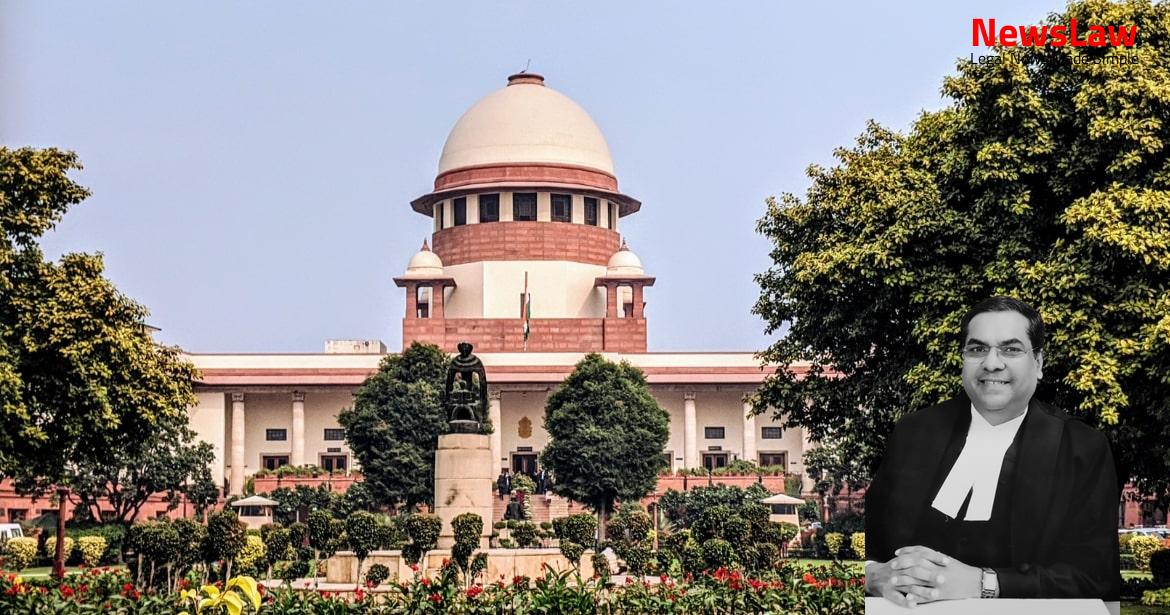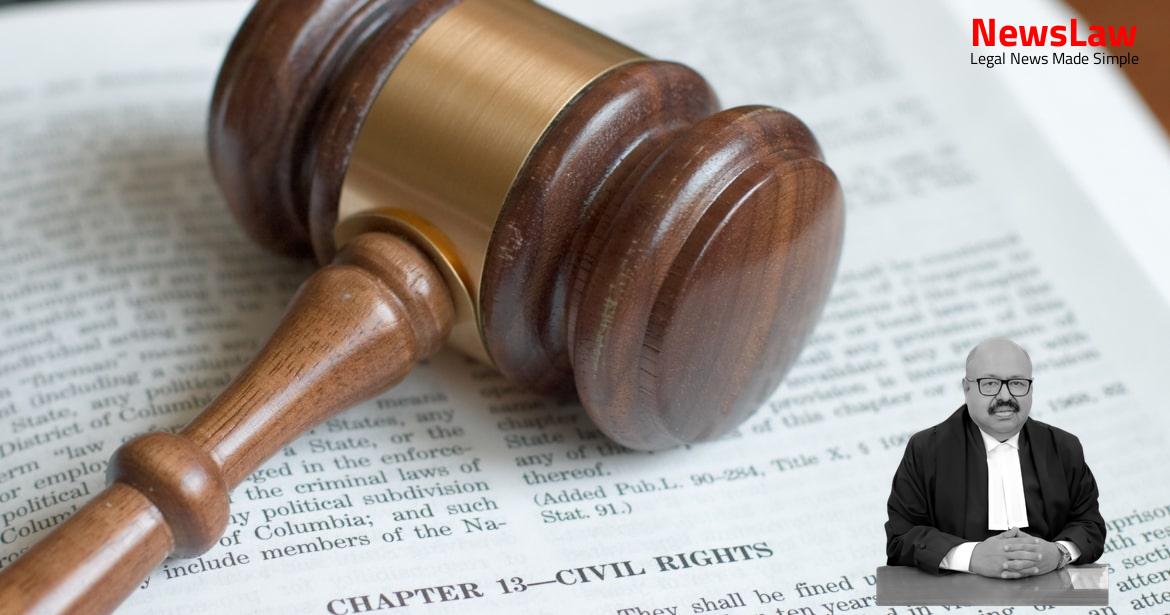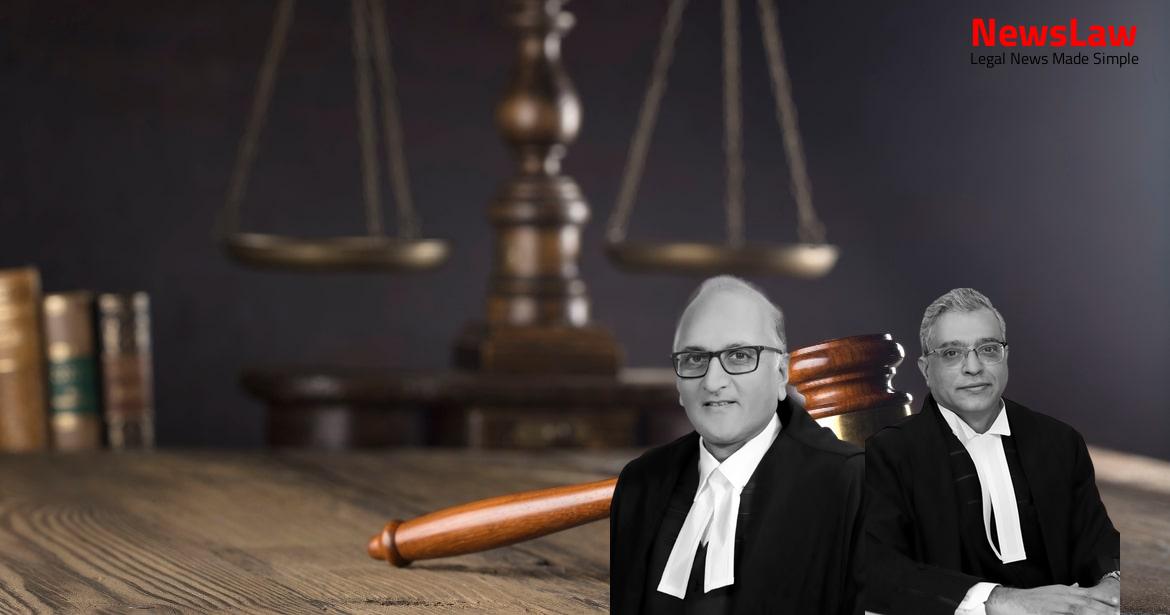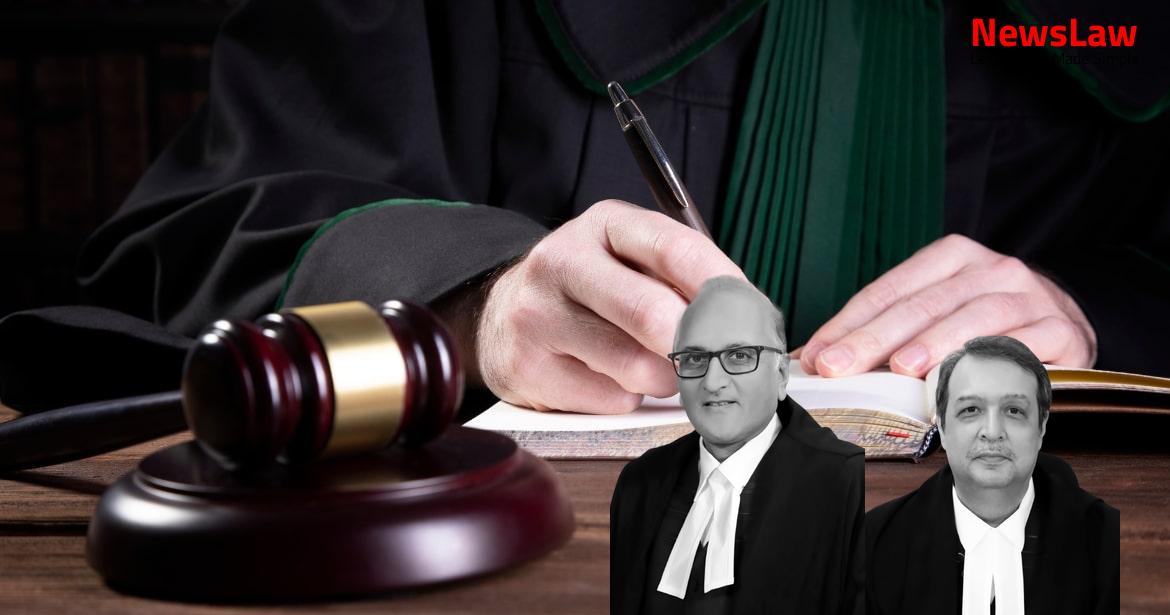In a recent legal case, the court’s focus on maintaining the integrity of environmental rule of law is evident. The judgment underscores the significance of adherence to environmental regulations and the need for decisive action against violations. This blog delves into the legal analysis carried out by the court, emphasizing the principles of environmental jurisprudence and the role of courts in ensuring compliance with environmental laws for the protection of nature and sustainable development.
Facts
- The genesis of the case dates back to an order in 1997 by the Ministry of Environment and Forests allowing the diversion of forest land for construction purposes.
- The construction of the Bus Stand Complex was found to violate the Forest Act by the Central Empowered Committee (CEC).
- The recommendations of the CEC included the demolition of illegal portions of the complex.
- The NGT upheld the findings of the CEC, stating that the Bus Stand Complex disturbed the local ecology.
- The construction involved connivance between the appellant and the second respondent, leading to excess construction and unauthorized facilities.
- The NGT directed demolition of the illegal portions, payment of compensations, and initiation of an inquiry against responsible officers.
- The Court admitted the appeals and framed substantial questions of law for consideration.
- A stay was granted against certain aspects of the NGT’s judgment, which was later modified to allow for an inquiry to be conducted against appellant’s officers.
- Construction of the Hotel-cum-Restaurant structure in the Bus Stand Complex was found to be illegal and a violation of the law.
- Permission granted by MOEF was only for a parking place and a bus stand, not for a hotel or commercial structure.
- The NGT and CEC found the construction to have serious adverse impacts on the environment and ecology of the area.
- The second respondent invested over Rs. 19 crores in the project, primarily through bank borrowings.
- The NGT did not direct the Central Government to consider granting ex-post facto clearance for the illegal structure.
- The CEC argued that the forest land diversion was only for specific purposes, not for a hotel and restaurant structure.
Also Read: Electoral Malpractices in Mayor Election
Analysis
- The CEC report indicates illegal construction of Hotel-cum-Restaurant in Bus Stand Complex on reserved forest land.
- No valid permission obtained for diversion of land for construction.
- Forest Act consent only obtained for parking facility and bus stand, not for the hotel.
- No valid approval from TCP Department for plans of Bus Stand Complex.
- Constructed complex not in conformity with proposed plans in RFP.
- Focus on environmental rule of law as unique to environmental governance.
- Calls for decisive response to environmental law violations.
- NGT’s findings supported by District and Sessions Judge’s report.
- Construction undertaken without necessary approvals deemed illegal.
- Actions stand in violation of environmental rule of law.
- Construction continued despite attempts to halt it by TCP Department and MOEF.
- Environmental rule of law seeks to understand human-nature interactions and find solutions to environmental challenges.
- Mere substantial compliance with environmental laws not sufficient.
- Recognition of the importance of participatory governance for environmental policies.
- CEC’s report indicts actions of the appellant.
- MOEF’s decision not to modify permissions despite violations.
- NGT’s jurisdiction based on Forest Act violation, even if TCP Act not listed in NGT Act.
- Environmental rule of law aims to protect nature against existential threats.
- Section 2 of the Forest Act requires strict compliance
- Punctilious adherence to the provisions of Section 2 is mandatory
- Any deviations from the requirements of Section 2 are not permissible
- In the present set of appeals, the forest land was allowed to be used by the MOEF for constructing a parking space and bus stand in McLeod Ganj.
- The provisions of the TCP Act required prior permission from the TCP Department before changing the nature of the land through construction.
- In Lal Bahadur vs State of Uttar Pradesh, the key principles of environmental jurisprudence were reiterated, including the precautionary principle, polluter pays principle, and sustainable development.
- The rise in temperatures, dilution of glaciers, and desertification have far-reaching consequences beyond local communities and habitats.
- Adjudication of environmental infractions often faces challenges in quantifying precise harm without sufficient scientific data.
- The role of courts and tribunals is crucial in ensuring compliance with environmental regulations under the rule of law.
- Significant legal principles inform environmental adjudication for stable, certain, and predictable outcomes.
- The UNEP emphasizes the need to adjudicate environmental disputes within a rule of law framework for fidelity to environmental protection regulations.
- The environmental rule of law seeks to establish foundational principles for environmental regulation now and in the future.
- It aims to protect the environment by encouraging multi-disciplinary analysis and shared understanding among stakeholders.
- The court upheld the directions issued by the NGT in its judgment.
- The appellant’s submission against the demolition of the Hotel-cum-Restaurant structure was rejected.
- Legalizing the illegal construction was deemed unacceptable due to the reasons provided in the judgment.
- The appellant argued for allowing the Hotel-cum-Restaurant structure to remain for their use, which was not accepted.
Also Read: Balancing Power and Transparency: Electoral Bonds Struck Down, Disclosure Mandated
Decision
- Demolition of Hotel-cum-Restaurant structure in Bus Stand Complex to commence within two weeks from the date of judgment
- The structure to be demolished by the second respondent within one month thereafter
- If there is a default, Chief Conservator of Forest and district administration to demolish the structure and recover costs from the second respondent
- State of Himachal Pradesh and second respondent can use parking space and bus stand after demolition
- Utilization of space to be in line with orders from MOEF dated 12 November 1997 and 1 March 2001
- The space should only be used for parking of cars and buses
- Appeals are disposed of accordingly
- Pending applications, if any, are disposed of
Also Read: Recall of Resolution Plan Approval: Legal Analysis
Case Title: HIMACHAL PRADESH BUS STAND MANAGEMENT AND DEVELOPMENT AUTHORITY (HPBSMDA) Vs. THE CENTRAL EMPOWERED COMMITTEE (2021 INSC 18)
Case Number: C.A. No.-005231-005232 / 2016



